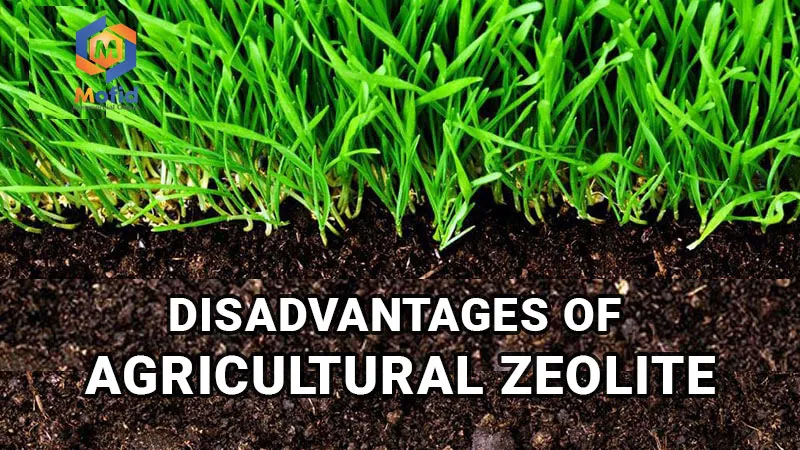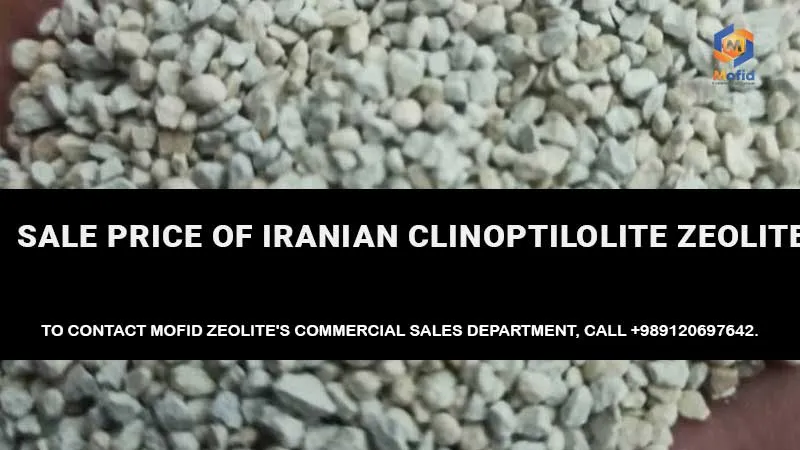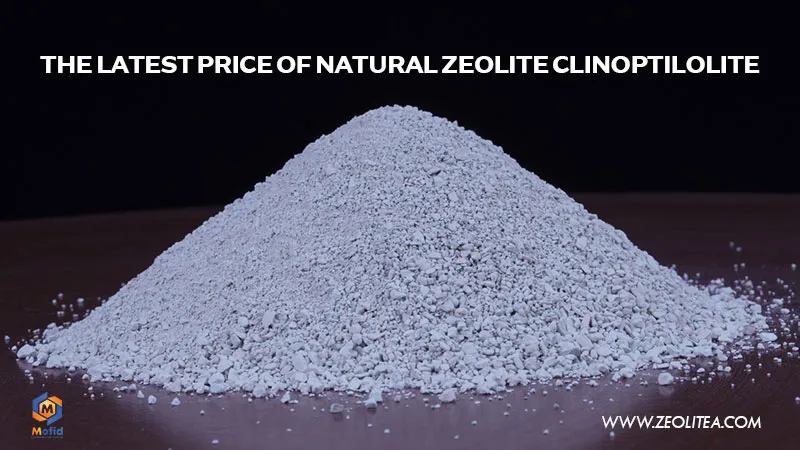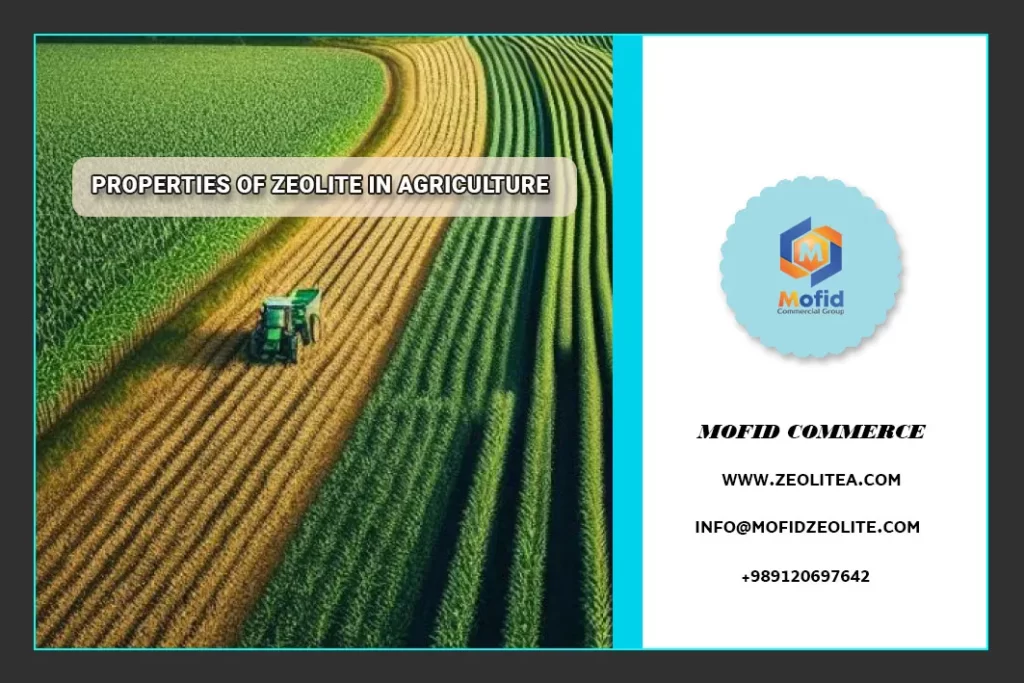While zeolite is widely used in agriculture to improve soil quality, optimize water and fertilizer use, and retain nutrients, it’s important to acknowledge the potential drawbacks and risks of improper selection and application. Using the wrong type or applying it incorrectly can harm crops. For instance, choosing zeolite that is low in sodium, potassium, and calcium can lead to nutrient depletion in the soil, as zeolite may absorb these essential elements through ion exchange, resulting in reduced plant growth.
If you need advice on selecting the right type of zeolite for agriculture, or if it’s your first time using this beneficial organic soil conditioner, consulting with agricultural experts is recommended. Below, we will briefly discuss the disadvantages of using zeolite in agriculture and how to prevent these risks.
Disadvantages of Using Zeolite in Agriculture

- Disruption of Nutrient Balance: Excessive use of clinoptilolite zeolite in agriculture can cause over-absorption of nutrients like potassium and ammonium, disrupting the nutrient balance in the soil.
- Lack of Cost-Effectiveness: One downside of using zeolite in agriculture is its cost, which might not be economical for farmers with limited financial resources.
- Equipment Requirements: The main challenges of zeolite use come from its application methods. Distributing zeolite evenly in the soil requires specialized equipment, which can be a disadvantage for some farmers.
- Environmental Impact: Over-extraction of zeolite from natural sources can lead to negative environmental consequences.
- Negative Effects on Plants: Improper use of zeolite, without following proper guidelines and standards, may negatively affect plant growth and development.
- Contamination: Natural zeolites can sometimes contain toxic elements like lead, cadmium, or arsenic. These contaminants can be transferred to plants through the soil and irrigation, posing health risks.
- Long Process: The positive effects of zeolite on soil and crops take time to materialize, and some may mistakenly expect quick results.
8 Ways to Prevent the Disadvantages of Zeolite in Agriculture

- Soil Testing and Analysis: Before using zeolite, test and analyze the soil to understand its exact needs. This allows you to determine the appropriate amount of zeolite to balance the soil’s nutrient levels.
- Balanced Application: Use zeolite according to the soil and plant needs, ensuring that nutrients are provided in the correct amounts without causing over-absorption.
- Even Distribution: Ensure uniform distribution of zeolite across the soil, which requires specific equipment to avoid uneven application and negative impacts.
- Use High-Quality Zeolite: Choose high-quality, pure zeolites to avoid toxic elements like lead, cadmium, or arsenic. Purchasing from reputable suppliers is key.
- Continuous Monitoring: After applying zeolite, regularly monitor the soil and plant condition to observe both positive and negative effects. Adjust the amount or method of application if necessary.
- Environmental Considerations: Pay attention to the environmental impacts of zeolite extraction and use. Choose sustainable sources and low-impact extraction methods to protect the environment.
- Education and Consultation: Farmers should be aware of both the advantages and disadvantages of zeolite use. Proper training on the correct application methods, along with consultation from soil experts, can maximize efficiency and minimize risks.
- Rotation and Alternation: Rather than continuous use of zeolite, alternate it with other soil conditioners. This helps maintain nutrient balance and avoid negative effects.
Should You Buy Agricultural Zeolite?
In this article, we’ve covered all aspects of using agricultural zeolite, including its potential drawbacks. With this information, you can make an informed decision about whether or not to purchase this mineral.
For expert advice on choosing and using agricultural zeolite, feel free to contact the consultants at Mofid Trading for guidance before making your purchase.








